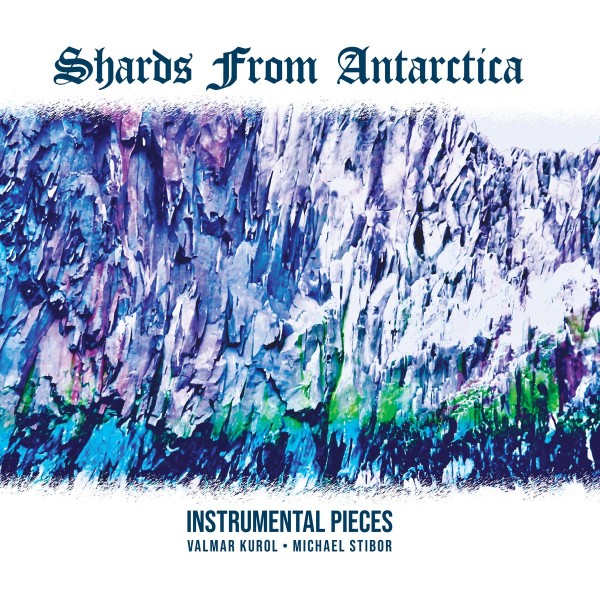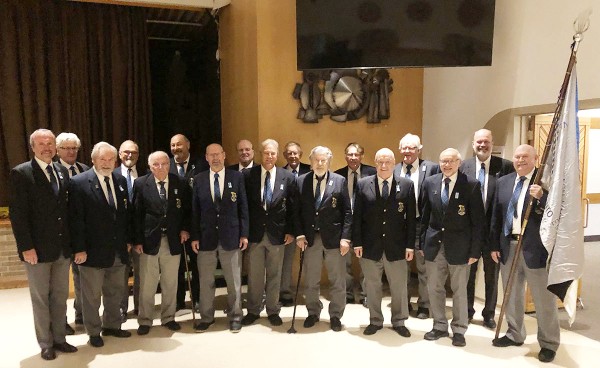Jätkame Tartu College’i Laenuraamatukogusse saabunud uute teoste tutvustamist.
Lõhmus, Leho. Nõmme läbi aegade, 2001
Nõmme on vaieldamatult üks tugevama identiteediga paiku Eestis, hoolimata suhteliselt lühikesest ajaloost nii mõnegi teise Eesti linnaga võrreldes. Nõmmel väärtustatakse oma kodukoha minevikku, nõmmelastele on oluline ka siinne ainuomane miljöö.
Ülevaatega Nõmme minevikust ja olevikus, arengust ning seisakuaastatest tahame anda veel pisukese tõuke Nõmme väärtustamisse, et kõigil nõmmelastel ja külalistel oleks võimalik tutvuda Nõmme tekke- ja arengulooga.
Nesaule, Agate. A woman in amber: healing the trauma of war and exile.
A woman in amber is one trapped and preserved in her past. Nesaule (literature and women’s studies, Univ. of Wisconsin) tells a moving story to promote the reader’s understanding and her own healing. As a child in Latvia, she endured the terror and dislocation of World War II at the hands of both Soviets and Germans, lived in a postwar refugee camp, and became an immigrant to the American Midwest, establishing a life there shaped by survivor’s guilt and a sense of victimization. Integral to her life are family relationships, especially estrangement from her mother, stemming from the war years and the author’s own unhappy marriage. In middle age, Nesaule at last comes to terms with her past, builds a new life, and offers her audience a well-written and insightful memoir. — Library Journal
Eksteins, Modris. Walking since daybreak: a story of eastern Europe, World War II, and the heart of our century.
Part history, part memoir, this unconventional account of the fate of the Baltic nations is also an important reassessment of WWII and its outcome. Acclaimed for his study of WWI (Rites of Spring: The Great War and the Birth of the Modern Age, 1989), Eksteins, a professor of history at the University of Toronto, Scarborough, here combines his role of historian with that of autobiographer, rapidly shifting among events before, during, and after WWII. First he provides the drama of his family history …
In addition, the family history opens up the subject of displacement, with a heavy focus on the fate of DPs in the postwar years and the struggle and hope of the immigrant experience. A history of the Baltic nations is squeezed in as well, with special emphasis on these nations vulnerable position between Germany and Russia, with an eye to WWII. — Kirkus Reviews
Õnnepalu, Tõnu. Border state.
„Piiririigi“ esmatrükist on möödunud 10 aastat. Selle aja jooksul on romaan võitnud Balti Assamblee (1994) ja Eesti Kultuurkapitali preemia (1995) ning see on tõlgitud soome, rootsi, norra, taani, hollandi, saksa, prantsuse, itaalia, hispaania, ungari, läti, leedu, inglise, vene, türgi ja heebrea keelde.
Madli Puhvel on teose inglise keelde tõlkija. Teos on muidugi ka eesti keeles meie raamatukogus olemas.
Laar, Mart. War in the woods: Estonia’s struggle for survival, 1944-1956.
War in the Woods tells the story of Estonia’s “Forest Brothers”…
Laar and his colleagues collected oral testimony and data from survivors of Soviet atrocities and veterans of the Forest Brother movement, which included both active resistance fighters and their support network in villages and towns….
Each of the stories evoke the raw human emotion necessary for survival under extreme conditions. Stories of success and failure capture the reader’s attention. The tale of August Sabe, who survived in the forests until 1978; the story of how Colonel Alfons Rebane ran “Operation Jungle” from England under the SIS (see 5 July instalment of Amber Coast); and the exploits of Ants Kaljur, nicknamed “Ants the Terrible” by both friend and foe, are just a few examples of the intrigue to be found throughout the book. — M. Huang, Central Europe Review 1(12) 1999.
Kross, Jaan. Professor Martens’ departure.
… evokes the complex world of czarist Russian society at the turn of the century. The character of Professor Martens is based on all actual official of the czarist reign, a distinguished Estonian jurist …Faced with a dire financial crisis in Russia, Professor Martens orchestrates a major loan from the French government to stave off famine; as time passes, however, he realizes that he has managed to perpetuate a brutal regime that keeps its political prisoners in chains. This fictional memoir, written at the end of Martens’ life, finds him reliving his past and questioning the degree to which he has sacrificed himself to maintain a corrupt regime, one that ultimately disdains both him and his people… — Alibris
Kross, Jaan. Treading air.
Treading Air follows the life of Ullo Paerand through 30 years of violent political upheaval. Abandoned by his father as a child, he grows up to become an electoral assistant to the parliamentary office in Tallinn and it is in this position that Ullo witnesses first the Soviet and then the German occupation of Estonia. Forced out of his honest profession Ullo becomes involved with the Resistance but, when many Estonians flee the country, he chooses to remain. An interlude of a decade shows much has changed since the end of the War; Soviet influence is marked in the style of government and the manner of the people. The narrative unfolds in stories imparted to an unknown “author” by a 70-year-old Ullo. Just before the end, however, Kross introduces a teasing ambiguity: Ullo dies before he is able to answer the last question about his life. — Amazon
Uus aasta — uued raamatud (4)
Kultuur
TRENDING
























